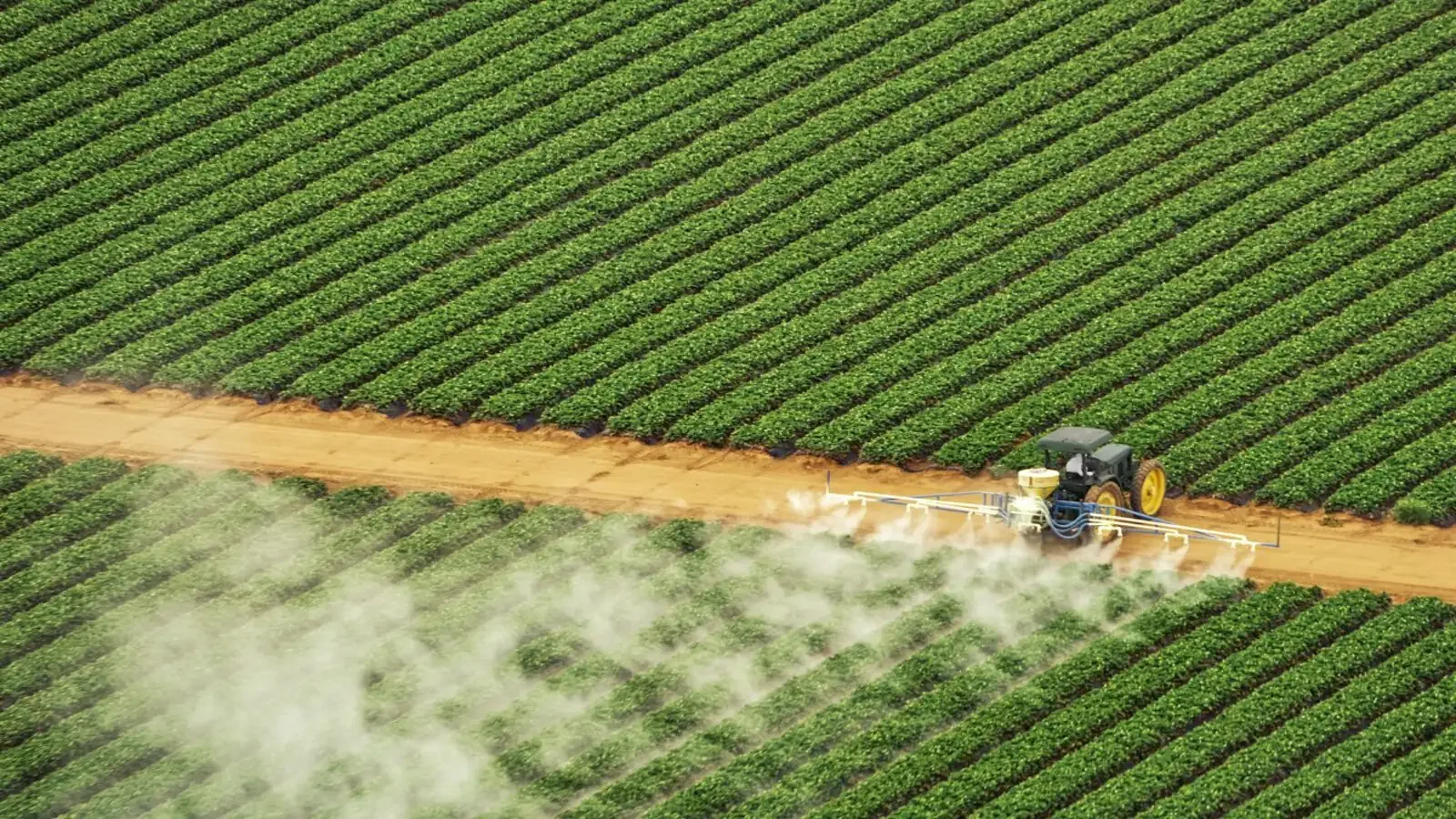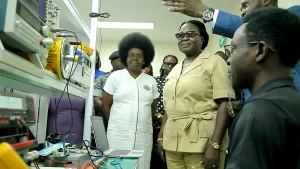Share
Ugandan policymakers are strongly encouraged to fully back the creative organic farming ideas that smallholder farmers have been spearheading, as this would act as a driving force behind the national advancement of agroecology.
At the Agroecology Conference held on February 25, 2024, at Hotel Africana in Kampala, Hakim Baliraine, a smallholder farmer and regional chairwoman on the Board of Directors for the Eastern and Southern Africa Small Scale Farmers Forum (ESAFF Uganda), made this request.
Under the topic “Agroecology Through the Lens,” and with meticulous organization by ESAFF Uganda, journalists and communicators from five East African nations attended the conference.
These professionals were able to interact, communicate, understand one another, and exchange experiences, obstacles, and opportunities regarding reporting on agroecology thanks to this prestigious event.
The conference, which was the first of its type in Uganda and East Africa, was designed to honor these journalists for their knowledge of agroecology, their skill in reporting on it, and their capacity to spot and correct historical inaccuracies and false narratives in the field.
Notably, Ugandan smallholder farmers have been adopting organic farming with slow development, and the value of organic exports has increased somewhat over the last three years, almost reaching a plateau.
Recent data from the Ministry of Agriculture, Animal Industry, and Fisheries (MAAIF) indicates that over the last four years, the share of organic agriculture in relation to other organic exports has grown tepidly, making up 17% in 2017, 8% in 2018, 10% in 2019, and 23% in 2020.
Given this background, Baliraine created a thorough plan to guarantee that the government actively supports the funding of innovations by small-scale farmers using organic farming methods, in addition to the private sector spearheading the promotion of agroecology.
Government officials, we would like it if you did not have a bias when it comes to distributing funds to the agriculture industry. We hope that when funding becomes available, part of it will be used to advance the agroecological practice advances being carried out by these small-scale farmers, according to Baliraine.
As a guest speaker at the event, Dr. Ivan Lukanda, a senior lecturer in journalism and communication at Makerere University, offered his thoughts on the subject.
He pleaded with the government not to target industrial crop producers, who are generally large-scale farmers. Rather, he stressed the significance of giving financial support to all organizations involved in agricultural production, especially tiny organizations and associations of farmers practicing organic farming.
“It is imperative that our governments take into account small groups in addition to major organizations while engaging in agroecology and talking about responsible governance. Circular economies, which consider agriculture in connection with other factors, should also be emphasized. According to Dr. Lukanda, the main cause being pushed for is the creation of national guidelines for organic produce.
Journalists had the chance to share their most memorable experiences and difficulties covering agroecology at the conference. Almost every journalist in attendance took this as an opportunity to raise an alert and chastise their individual editors.
The refusal of these editors to print stories on agroecology, despite their national significance and alignment with government objectives to combat climate change and achieve food security in the country, drew criticism.
Dr. Lukanda counseled the irate journalists to remember that different media outlets have different editorial philosophies.
He also underlined the likelihood that an article may not have met editorial standards if it is not published. In order to promote transparency and learn from any mistakes that may have prevented their agroecology tales from getting published, he also urged students to interact with editors.
Speaking as the event’s main speaker on Sunday, Bob George, the Senior Agricultural Officer for Food at MAAIF, cautioned journalists about potential risks while producing compelling stories on agroecology.
He sternly warned them not to draw any unfair conclusions about conventional farming by drawing parallels between it and organic farming. He stressed that by taking this strategy, they may be confident of their safety while reporting and have a better chance of having their reports published.
“I implore all journalists and communicators to highlight and discuss with the public the many aesthetic benefits of agroecology. People won’t be interested in learning about agroecology in any other way, he claimed.
The appeal for a united front in favor of sustainable farming techniques, fair resource allocation, and responsible storytelling to bring about change in Uganda’s agricultural environment is still loud and clear as voices calling for government support for organic agricultural advances resound.












